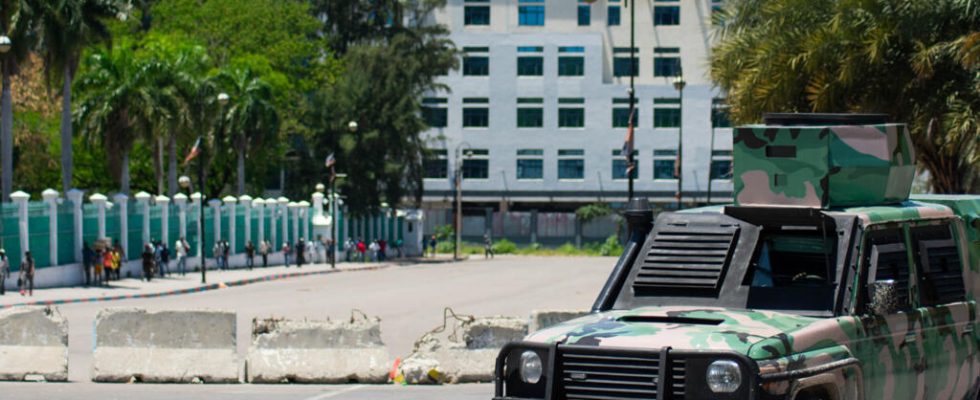In Haiti, the long-awaited presidential transition council was officially created on Friday April 12, after weeks of tense negotiations and a month after the announcement of the resignation of the contested Prime Minister, Ariel Henry. Its members must appoint “ quickly » a Prime Minister as well as a government « inclusive “. Time is running out as Port-au-Prince is largely controlled by gangs. Interview with Jean-Marie Théodat, lecturer in geography at Paris 1 Panthéon-Sorbonne University.
3 mins
RFI : Do you think that the presidential transitional council will have the means to restore security in Port-au-Prince?
Jean-Marie Théodat : I’m skeptical. Of course, it is not a question of putting this presidential transitional council on trial without appeal. But given that many of the personalities present have been involved in the descent into hell of this country over the last 20 or 30 years, it is permissible to be skeptical. So we are not going to give them a blank check, but judge them on the basis of their evidence, and above all wait for the results we will have on the issue of insecurity, which is the main subject of torment for Haitians today. Following this decree on the council, what I would like above all is for us to be told by what means we are going to put an end to gangster violence, because that is the most important thing.
Where could the presidential transition council meet with this security situation?
They themselves don’t know it and I think that, at a time when meetings are most often done by Zoom or by telephone, they imagine they can run the country remotely, when at some point it would be necessary to or someone else getting their hands dirty. We will have to hit the streets and show the population that they themselves are confident in the security apparatus. That is to say, as long as the State has not reestablished its monopoly on legitimate violence, we cannot speak of public security, we cannot speak of government, we cannot speak of elections. This is truly the Gordian knot of the current crisis in Haiti.
Under these conditions, how do you envisage the appointment of a Prime Minister by this council?
I think that, in the current situation in Haiti, such a Prime Minister should have imposed himself tacitly. We shouldn’t have to sort through more or less well-known names to find a solution. This means that no one has sufficient charisma to impose themselves on the rest. From a formal point of view, of course, there needs to be a democratic sanction, but power is obvious. Power, charisma, the ability of a man or woman to manage a country, to get it out of a rut, out of a black hole, is something that we are not going to decide around of a table. It’s something that we have in our guts, that we have in our guts. And, personally, I don’t see anyone around this table capable of wearing this hat.
Read alsoHaiti: violence reaches record level
